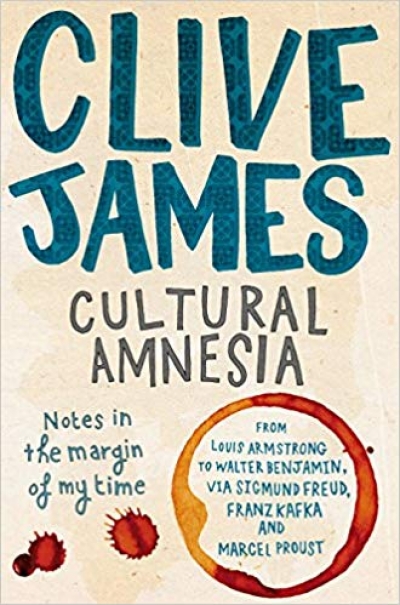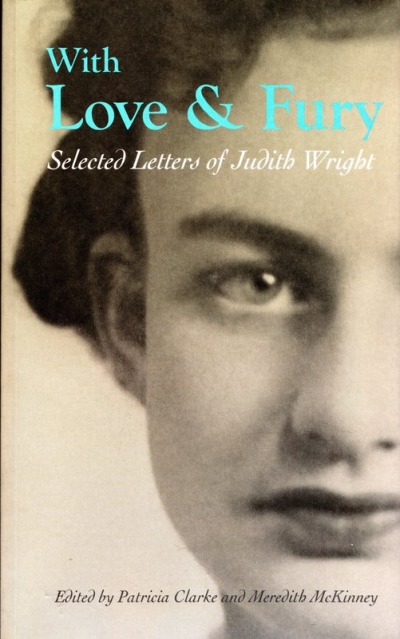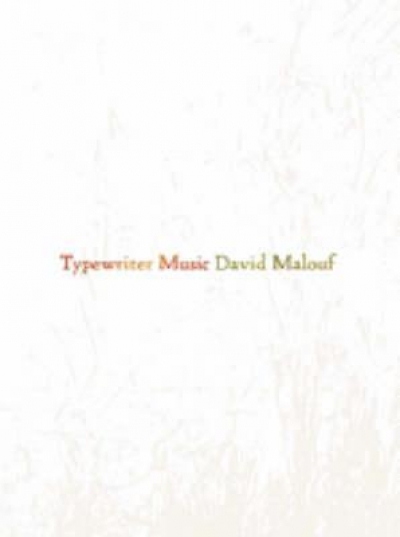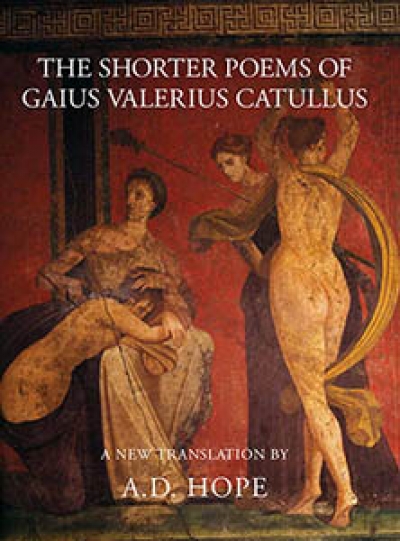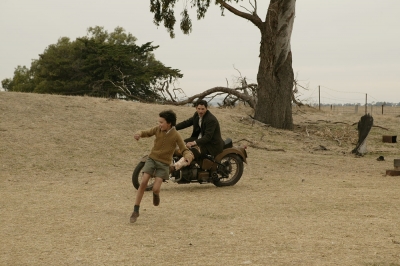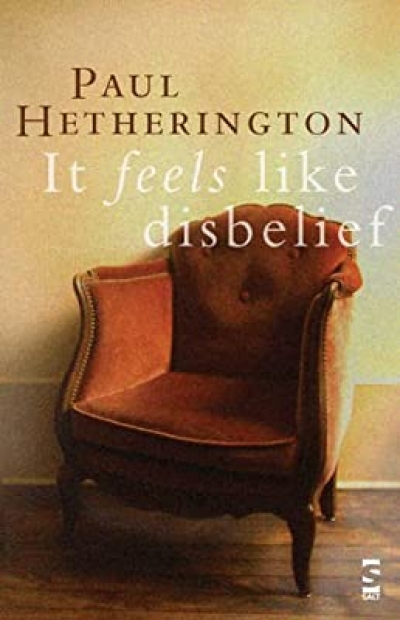Archive
Cultural Amnesia: Notes in the margin of my time by Clive James
Listen, Lesbia!
Surely you can hear.
Shake off that silly hangover
while I part the curtains
just slightly.
Our landlord’s man has let us off this time,
We’re not expelled.
Victorians liked their mortar made with lime,
Our walls have held.
With Love and Fury edited by Patricia Clarke and Meredith McKinney & Portrait of a Friendship edited by Bryony Cosgrove
The Shorter Poems of Gaius Valerius Catullus by Gaius Valerius Catullus, translated by A.D. Hope
When Raimond Gaita’s memoir Romulus, My Father was published in 1998, the acclaim with which it was greeted was ubiquitous. The book was significant not simply because it was a strikingly revealing personal narrative written by a renowned philosopher, but because it managed to present a story that contained large doses of personal tragedy without rendering the experience of reading it either falsely uplifting or overwhelmingly depressing. While offering vivid portraits of an inconstant, depressive wife and mother, and a self-possessed husband and father struggling with his own sense of self-worth, Romulus, My Father celebrated the power of love and friendship in the most subtle, telling and deeply humane ways.
... (read more)We have speculated in the past about literature’s relative slowness to foster the sort of cultural philanthropy that is a mainstay of art galleries, libraries, museums, symphony orchestras and theatre companies. Why this has been the case may be of interest to literary historians, but meanwhile ABR is keen to get on with the task of generating private support for the cause of good writing, independent critique and a lively intellectual climate.
... (read more)
